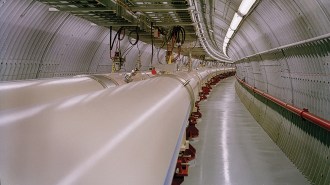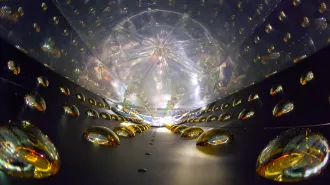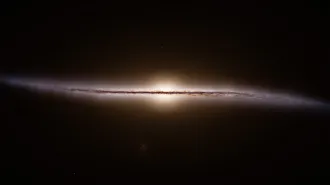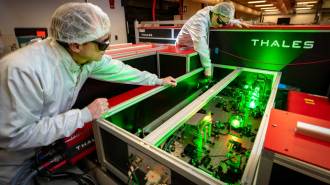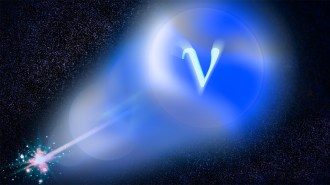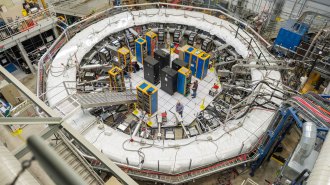The Large Hadron Collider has restarted with upgraded proton-smashing potential
After a three-year break, protons have begun circulating again in the particle accelerator
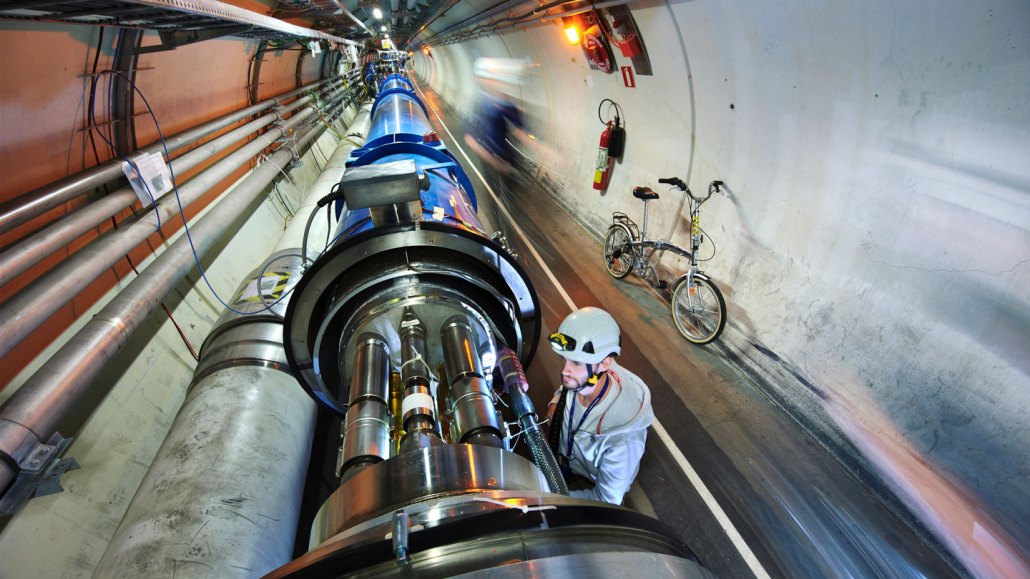
For the past several years, researchers have worked to upgrade the Large Hadron Collider (pictured). Scientists beamed protons through the upgraded accelerator on April 22.
Maximilien Brice/CERN
